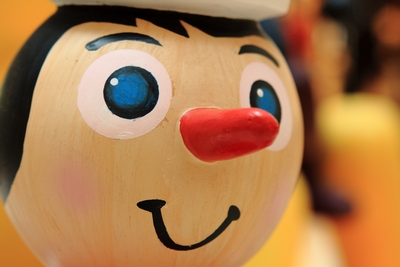Soupstock/Veer Images
Is your child feeling badly about himself because of a falling out he had with a sibling or a friend?
You can help him to feel better about himself by encouraging him to take steps to repair the relationship.
Researchers at Baylor University (who reported on their findings in The Journal of Positive Psychology) have discovered that it is easier for us to forgive ourselves for hurting other people if we look for ways to make amends.
Because children are still learning the art of relating to other people, relationship mistakes happen — and children need to know what to do to make things better for themselves and the other person.
Instead of allowing themselves to be mired in guilt, children should be encouraged to take action to repair the relationship. Depending on the circumstances, that might involve issuing a heartfelt apology or replacing a friend or sibling’s toy if the child lost or broke it.
Sometimes people feel so badly after they have hurt another person that they can’t let go of negative emotions like guilt. They feel that they deserve to feel badly and, as a result, they become stuck in this negative emotional state. This puts them at risk of experiencing health problems. An inability to self-forgive contribute to depression, anxiety, and a weakened immune system. Also, getting stuck in a state of guilt also does nothing to repair the relationship that has been damaged.
Relationship repair, on the other hand, paves the way to self-forgiveness, leading to much happier and healthier outcomes for all.


